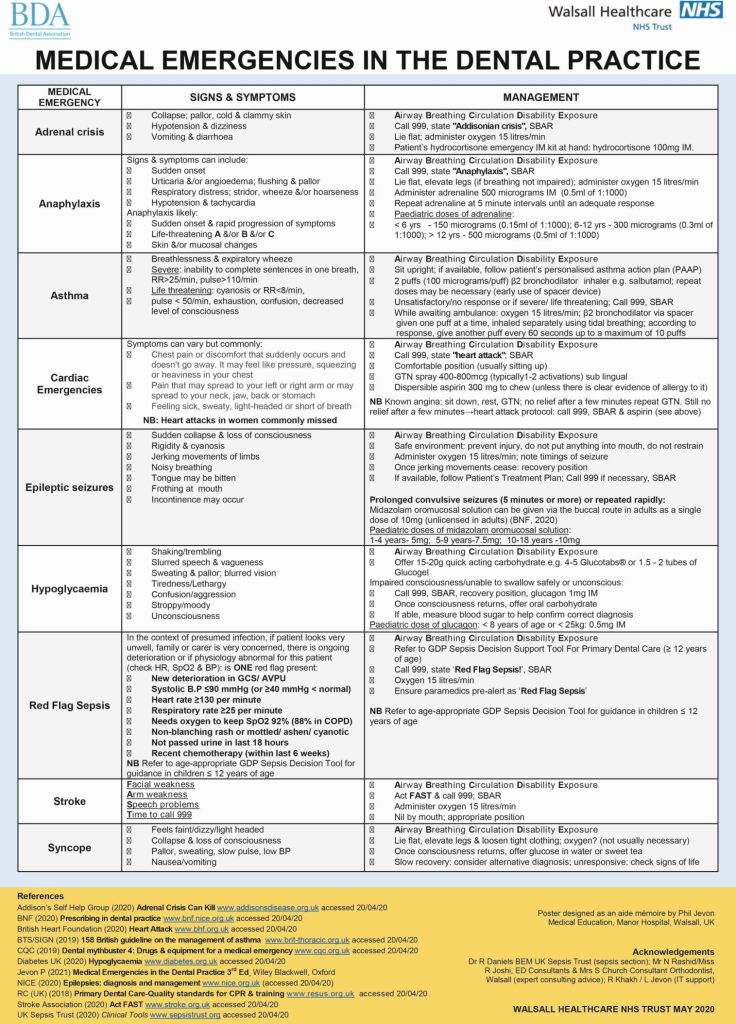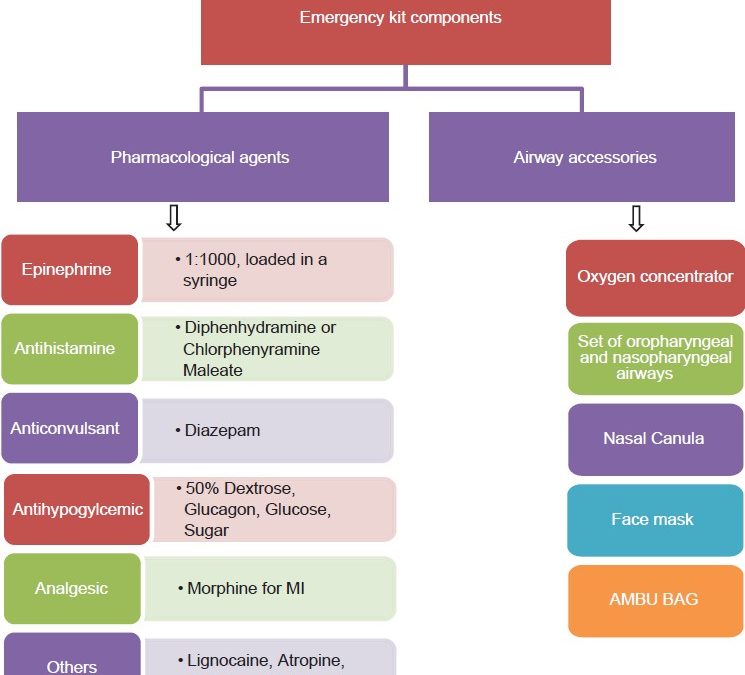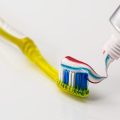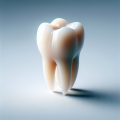So you’ve found yourself in the unfortunate situation of experiencing a dental emergency – whether it’s a throbbing toothache, a broken tooth, or a knocked-out tooth. But have you ever wondered what potential complications could arise from these dental emergencies? In this article, we’ll explore the various scenarios and delve into the potential complications that may be associated with specific dental emergencies. From infection risks to long-term damage, understanding these complications is crucial for seeking timely and appropriate dental care.
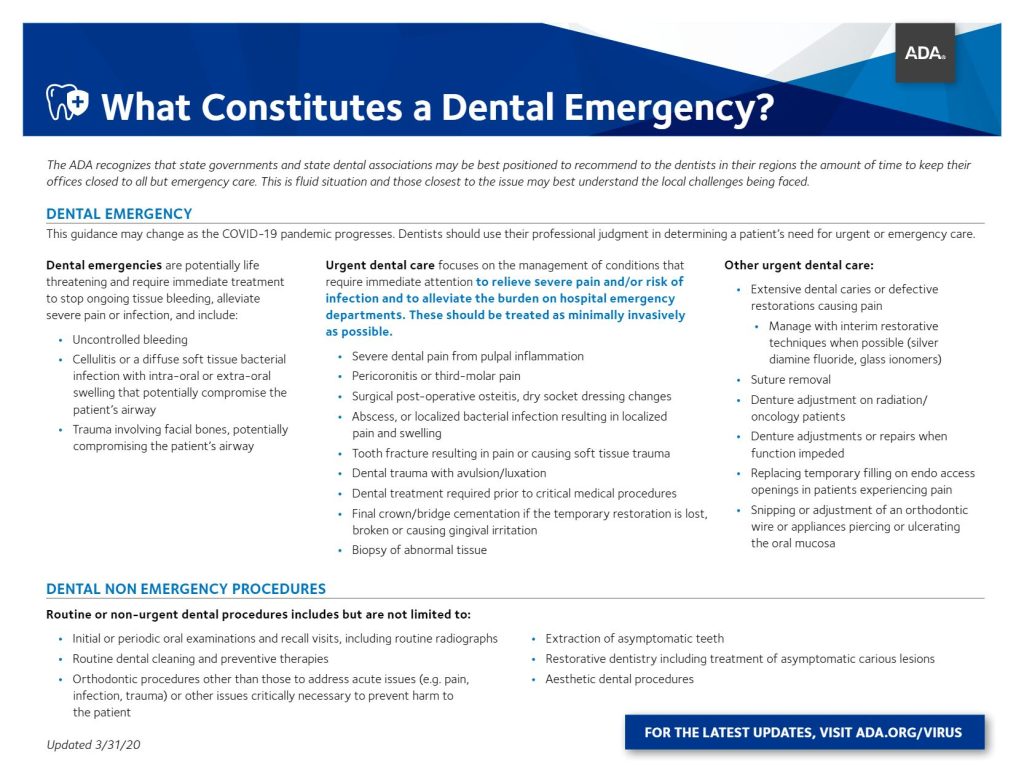
Tooth Fracture
A tooth fracture can be a painful and concerning dental emergency. When a tooth is fractured, it can cause a range of complications that need to be addressed promptly. One of the main complications associated with a tooth fracture is pain and sensitivity. Depending on the severity of the fracture, you may experience sharp pain whenever you bite down or chew on food. Additionally, the fractured tooth may become sensitive to hot or cold temperatures. This discomfort can make it difficult to eat or drink, affecting your daily life.
Another potential complication of a tooth fracture is infection. When a tooth is fractured, it creates an opening where bacteria can enter and cause an infection. The bacteria can penetrate the inner layers of the tooth, leading to inflammation, pain, and eventually an abscess. If left untreated, the infection can spread to surrounding tissues, causing further complications and discomfort.
Nerve damage is another concern associated with tooth fractures. The nerves within a tooth can become exposed or damaged when the tooth is fractured. This can result in severe pain or sensitivity that persists even after the fracture is treated. In some cases, nerve damage may require root canal treatment to alleviate the pain and prevent further complications.
In severe cases, a tooth fracture can lead to tooth loss. If the fracture extends below the gum line or affects the root of the tooth, it may become irreparable and require extraction. Losing a tooth can have various consequences, including difficulty chewing, speech problems, and aesthetic concerns. It is crucial to seek immediate dental care if you experience a tooth fracture to minimize the risk of further complications and prevent tooth loss.
Tooth Knocked Out (Avulsed)
Having a tooth knocked out, also known as avulsed tooth, is a dental emergency that requires immediate attention. When a tooth is completely knocked out of its socket, there are several potential complications that can arise.
Bleeding and swelling are common immediate complications of a knocked-out tooth. The gums and surrounding tissues may bleed profusely at the site of the tooth, leading to swelling and inflammation. It is important to control the bleeding by applying gentle pressure with a clean cloth or gauze and seek dental care as soon as possible to address these complications.
Similar to other dental emergencies, infection is a major concern with a knocked-out tooth. The socket where the tooth used to be becomes exposed, making it susceptible to bacterial invasion. It is crucial to protect the socket by covering it with a clean, wet cloth or placing the tooth back into the socket, if possible. Seeking immediate dental care is essential to minimize the risk of infection and its associated complications.
Jaw fractures can also occur as a result of a forceful impact that causes a tooth to be knocked out. The jawbone may fracture or become dislocated, leading to pain, difficulty in opening or closing the mouth, and facial asymmetry. It is important to consult with a dental professional or oral surgeon to assess the extent of the injury and determine the appropriate treatment.
Tooth replacement complications can arise when a tooth is knocked out. While it is possible to have a knocked-out tooth reimplanted, the success rate depends on various factors such as the time since the tooth was knocked out, the condition of the tooth, and promptness of seeking dental care. If a tooth cannot be reimplanted, alternative replacement options such as dental implants or bridges may be necessary to restore function and aesthetics.
Tooth Displacement
When a tooth becomes displaced from its normal position, it can lead to a range of complications that require prompt attention. Malocclusion, or misalignment of the teeth, is a common consequence of tooth displacement. When a tooth is no longer in its correct position, it can affect the alignment of neighboring teeth, resulting in an improper bite. This can lead to difficulties in chewing, speaking, and overall oral function.
Gum damage is another potential complication of tooth displacement. When a displaced tooth is not in its proper alignment, it can cause irritation and inflammation in the surrounding gum tissues. This can result in gum recession, gum disease, and increased sensitivity in the affected area. It is important to seek dental care if you notice any changes or damage to your gums following a tooth displacement.
Tooth decay is also a risk when a tooth becomes displaced. The irregular positioning of a displaced tooth can make it difficult to effectively clean and maintain proper oral hygiene. As a result, plaque and bacteria can accumulate in hard-to-reach areas, leading to tooth decay and cavities. Regular dental check-ups and professional cleaning are crucial to prevent tooth decay and maintain optimal oral health.
Infection is another complication that can occur with tooth displacement. When a tooth is displaced, it can create pockets or gaps where bacteria can accumulate and cause infection. The surrounding tissues and gums may become red, swollen, and painful. Immediate dental care is necessary to address potential infections and prevent further complications.
Tooth Abscess
A tooth abscess is a serious and potentially painful dental emergency. It occurs when a bacterial infection develops within the tooth or the surrounding gum tissues. There are several complications associated with a tooth abscess that need to be addressed promptly.
Severe pain is a characteristic symptom of a tooth abscess. The infection within the tooth can cause intense, throbbing pain that radiates to the jaw, ear, or neck. The pain may worsen when biting or applying pressure to the affected tooth. Seeking immediate dental care is crucial to alleviate the pain and address the underlying infection.
Swelling and redness are common complications associated with a tooth abscess. The infected tooth and surrounding gums may become visibly swollen and inflamed. The swelling can cause discomfort and difficulty in opening the mouth. In severe cases, the abscess may even cause facial swelling. Prompt dental treatment is necessary to reduce the swelling and prevent further complications.
Fever and chills can also accompany a tooth abscess. The infection can lead to systemic symptoms, including fever and chills. If you experience these symptoms along with severe dental pain and swelling, it is important to seek urgent dental care, as the infection may have spread to other parts of the body.
If left untreated, a tooth abscess can lead to the spread of infection. The infection can extend beyond the tooth or gums, affecting nearby tissues or even spreading to other areas of the body. This can have serious consequences and may require more extensive medical intervention. It is crucial to address a tooth abscess promptly to prevent the spread of infection and minimize the risk of further complications.
Tooth Infection
A tooth infection, also known as a dental abscess, is a common dental emergency that can have several potential complications. It is important to recognize the signs and symptoms of a tooth infection to seek appropriate dental care promptly.
Localized pain is one of the main complications associated with a tooth infection. The infected tooth may be sensitive to touch, temperature, or chewing. The pain may also radiate to the surrounding jaw, ear, or neck. Seeking dental treatment is crucial to alleviate the pain and address the underlying infection.
Sinus or ear infections can be secondary complications of a tooth infection. The proximity of the upper teeth to the sinuses and ears can allow the infection to spread to these areas. This can result in sinus congestion, pressure, pain, or even earaches. Prompt dental care is necessary to treat the tooth infection and prevent the spread to adjacent areas.
Abscess formation is another potential complication of a tooth infection. When an infection develops within the tooth or the surrounding gum tissues, it can lead to the formation of an abscess. An abscess is a pocket of pus that can cause severe pain, swelling, and inflammation. It is crucial to seek immediate dental care to drain the abscess and treat the underlying infection.
If left untreated, a tooth infection can spread to surrounding tissues or other parts of the body. The infection can potentially enter the bloodstream and cause systemic complications. This can be particularly dangerous for individuals with compromised immune systems. Seeking timely dental treatment is vital to prevent the spread of infection and minimize the risk of further complications.
Broken Dental Restoration
A broken dental restoration, such as a filling or a crown, can lead to various complications that require dental intervention. When a dental restoration breaks or becomes damaged, it is essential to seek professional care to address these potential complications.
Sharp edges and injury are common consequences of a broken dental restoration. When a filling or a crown breaks, it can create rough or jagged edges that can cause injury to the soft tissues of the mouth. It is important to seek dental care to repair or replace the broken restoration and reduce the risk of injury.
Exposed tooth surfaces are another complication associated with a broken dental restoration. When a filling or a crown breaks, the underlying tooth structure becomes vulnerable to bacteria and plaque. This can lead to tooth decay, cavities, and further damage to the tooth. Prompt dental treatment is necessary to protect the exposed tooth surfaces and restore the integrity of the tooth.
Tooth sensitivity is a common complaint following a broken dental restoration. The damaged tooth may become more sensitive to hot or cold temperatures, sweet or acidic foods, or even air exposure. This sensitivity can be uncomfortable and may interfere with normal eating and drinking. Seeking dental care is crucial to address the sensitivity and restore the functionality of the tooth.
Tooth decay is a risk when a dental restoration breaks or becomes damaged. The compromised tooth structure can create crevices where bacteria can accumulate, leading to tooth decay and cavities. Regular dental check-ups and prompt restoration repair are important to prevent further decay and maintain optimal oral health.
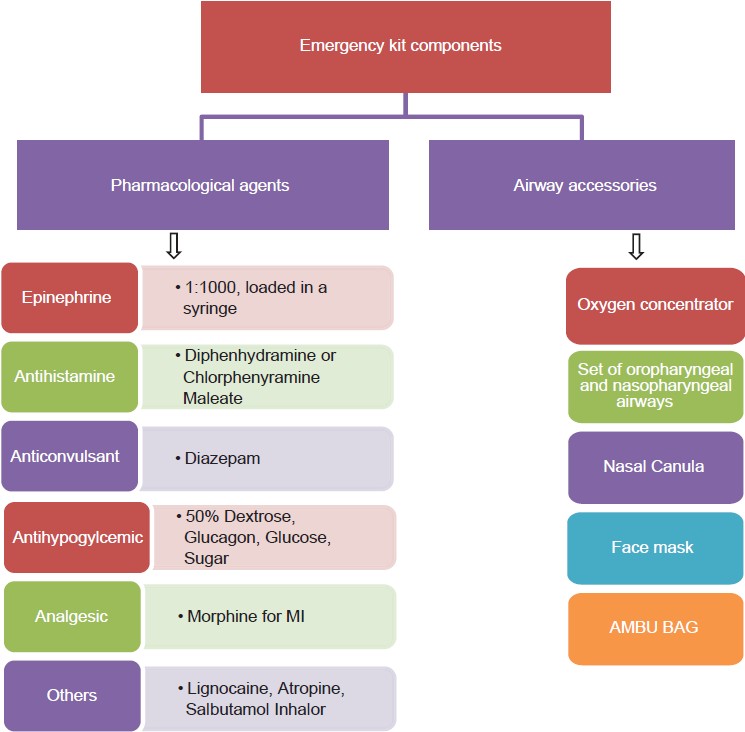
Severe Toothache
Experiencing a severe toothache can be debilitating and indicate significant underlying dental problems. A severe toothache can have several potential complications that need to be addressed to alleviate the pain and restore oral health.
Persistent pain is one of the major complications associated with a severe toothache. The pain may be constant, throbbing, or sharp, making it difficult to perform normal activities such as eating, talking, or even sleeping. Seeking dental care is essential to identify the cause of the toothache and provide appropriate treatment to alleviate the pain.
Swelling and inflammation are common complications of a severe toothache. The affected area may become visibly swollen, red, and tender to touch. This can further exacerbate the pain and affect the overall comfort of the individual. Prompt dental intervention is necessary to reduce the swelling and alleviate the associated discomfort.
Prolonged sensitivity is another complication that can accompany a severe toothache. The affected tooth may become hypersensitive to hot or cold temperatures, sweet or acidic foods, or even air exposure. This sensitivity can be extremely uncomfortable and significantly impact daily activities. Seeking dental care is crucial to address the underlying cause of the sensitivity and provide appropriate treatment.
Compromised oral health is a potential consequence of a severe toothache. If left untreated, the underlying dental problem causing the toothache can worsen and lead to further oral health issues. Tooth decay, gum disease, or infection can develop, resulting in more extensive dental treatment requirements. It is essential to seek timely dental care to prevent further complications and maintain optimal oral health.
Lost Filling or Crown
Losing a filling or a crown is a common dental emergency that requires immediate attention. When a filling or a crown becomes dislodged or falls out, there are several potential complications that can arise.
Tooth sensitivity is a common complaint following the loss of a filling or a crown. The exposed tooth structure may become more sensitive to hot or cold temperatures, sweet or acidic foods, or even air exposure. This sensitivity can be uncomfortable and may affect eating and drinking habits. Seeking dental care is essential to address the sensitivity and restore the functionality of the tooth.
Exposed tooth surface is another complication associated with a lost filling or crown. Without the protective covering of a filling or a crown, the underlying tooth becomes vulnerable to bacteria, plaque, and further damage. This can lead to tooth decay, cavities, and potential infection. It is crucial to seek immediate dental treatment to protect the exposed tooth surface and prevent further complications.
Decay and infection are risks when a filling or a crown is lost. The compromised tooth structure can create openings or gaps where bacteria can accumulate and cause decay or infection. It is important to seek dental care promptly to prevent the progression of decay or infection and maintain optimal oral health.
Compromised tooth structure is another potential consequence of a lost filling or crown. The loss of a filling or crown can result in structural damage to the tooth, making it weaker and more susceptible to further problems. Seeking dental care is crucial to evaluate the extent of the damage and determine the appropriate treatment, such as a new restoration or possible tooth extraction.
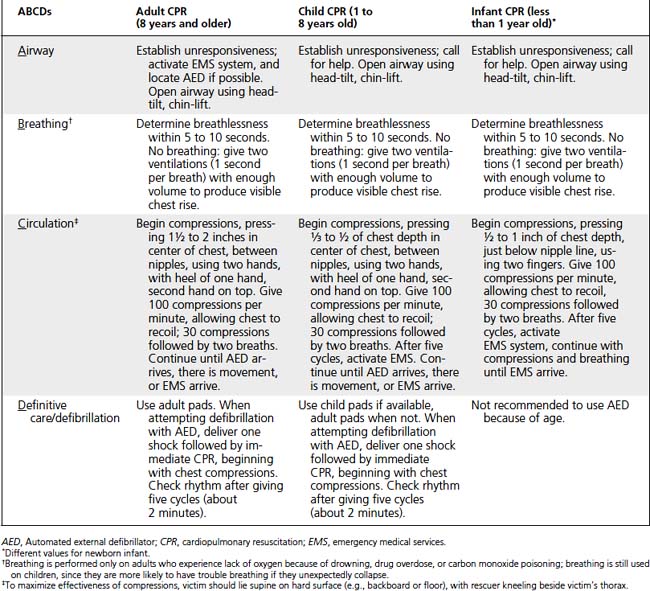
Gum Abscess
A gum abscess is a dental emergency that requires immediate attention to prevent further complications. When an infection develops within the gum tissue, there are several potential complications that can arise.
Pain and swelling are common symptoms of a gum abscess. The infection can cause localized pain and discomfort in the affected area. The gum tissue around the abscess may become visibly swollen, red, and tender to touch. Seeking dental care promptly is essential to alleviate the pain and address the underlying infection.
Pus drainage is another characteristic sign of a gum abscess. The abscess may result in the formation of a pocket of pus, which can drain or cause a foul taste in the mouth. If you notice a sudden unpleasant taste or experience pus drainage, it is important to seek immediate dental care to drain the abscess and prevent the spread of infection.
Loose teeth can be a potential complication of a gum abscess. The infection can weaken the supporting structures, including the gums and bone surrounding the affected tooth. This can result in tooth mobility or loosening. Immediate dental intervention is crucial to address the abscess, stabilize the affected tooth, and prevent further complications, such as tooth loss.
Periodontal disease is a risk associated with a gum abscess. If the underlying cause of the abscess is related to gum disease, it is important to seek dental care to address the infection and treat the periodontal disease. Failure to do so can lead to further gum and bone loss, compromising the overall oral health and stability of the teeth.
Facial Trauma
Facial trauma, such as injuries resulting from accidents or falls, can lead to a range of complications that require immediate medical attention. Dental-related complications that can arise from facial trauma include soft tissue injuries, bone fractures, tooth avulsion, and nerve damage.
Soft tissue injuries are common consequences of facial trauma. The soft tissues of the mouth, including the lips, cheeks, and gums, can sustain cuts, lacerations, or bruising. Immediate medical attention is necessary to assess the extent of the injuries and provide appropriate treatment, such as sutures or wound dressing.
Bone fractures can occur as a result of facial trauma, affecting the jawbone or other facial bones. Jaw fractures can lead to difficulties in eating, speaking, or opening and closing the mouth. Prompt medical intervention is essential to diagnose and treat the fracture, ensuring proper alignment and functioning of the jaw.
Tooth avulsion, or complete tooth loss, can occur due to the forceful impact of facial trauma. If a tooth is knocked out of its socket, it is important to handle it with care and seek immediate dental attention. With prompt action, there may be a chance to have the tooth reimplanted by a dental professional, increasing the likelihood of a successful outcome.
Nerve damage is another potential complication of facial trauma. When the facial nerves are injured or compressed, it can result in numbness, tingling, or loss of sensation in the affected areas. Immediate medical evaluation is necessary to assess the extent of the nerve damage and determine the appropriate treatment.
In conclusion, dental emergencies can result in a variety of complications that require prompt attention. Whether it’s a tooth fracture, a knocked-out tooth, tooth displacement, a tooth abscess, a tooth infection, a broken dental restoration, a severe toothache, a lost filling or crown, a gum abscess, or facial trauma, it is crucial to seek immediate dental or medical care to address these complications and prevent further damage or infection. Regular dental check-ups, proper oral hygiene practices, and prompt treatment of dental problems can help prevent dental emergencies and maintain optimal oral health.
